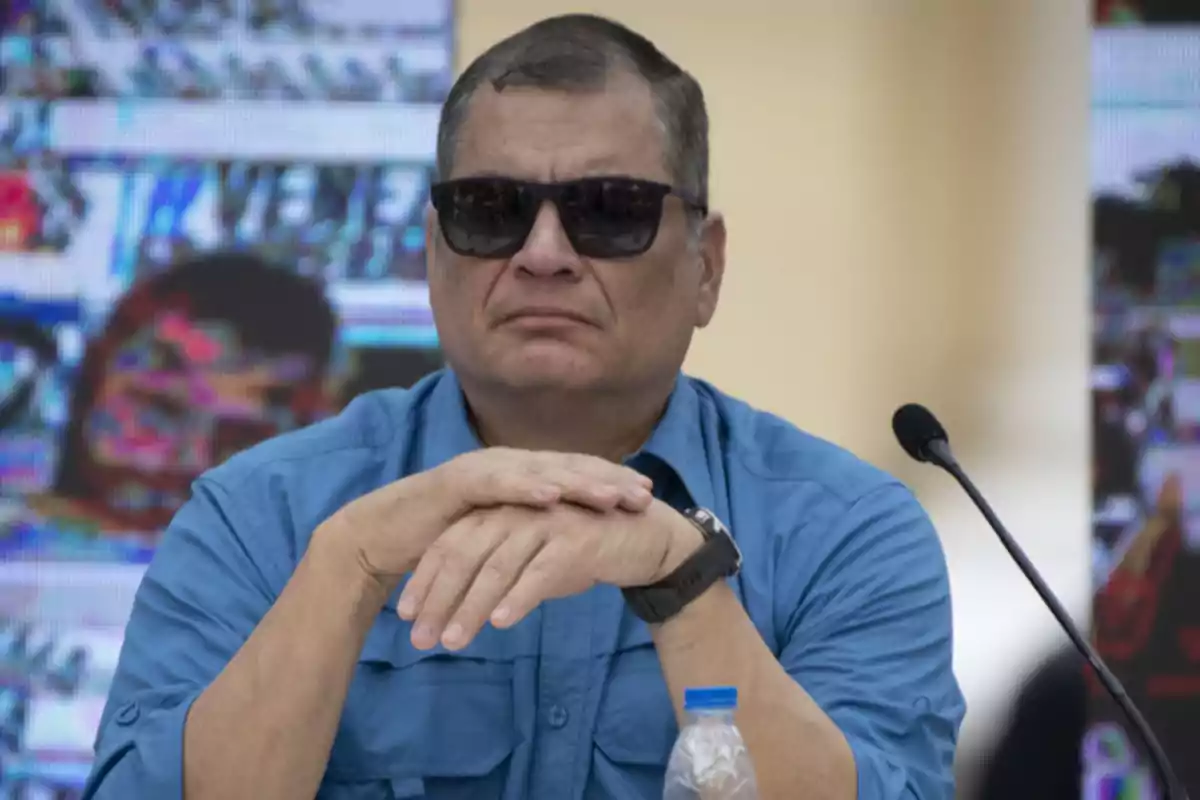
Luisa González's contradiction on meritocracy and political affinity
The candidate wanted to talk about technical inclusion, but her narrative fell due to her history and political environment
Luisa González, candidate of the Citizen Revolution, stated that she would appoint officials based on their ability and not political affinities. However, her speech contradicts the history of correísmo, where loyalty to the movement was a key criterion in the appointment of high-ranking positions.
During her interview on La Otra radio, González assured that she would govern with "qualified and committed to the homeland" people, even if they come from different ideological currents. Nevertheless, the practice of correísmo has been characterized by the concentration of power and sectarianism, sidelining independent technicians in favor of loyal activists.
The candidate also mentioned that left and right-wing organizations support her proposal, but do not make it public for fear of "persecution." This statement attempts to project a false consensus that is not reflected in the current political landscape. The Citizen Revolution continues to be perceived as an exclusionary project, marked by Rafael Correa's authoritarian past.
Meanwhile, President Daniel Noboa has taken a different route. His government has promoted the incorporation of technical profiles regardless of political affiliation, highlighting the need for efficiency and professionalism in public administration. Noboa has sought to move away from the clientelist governance model and build a functional and transparent state.

González's statements about restructuring the state and ensuring good public services do not align with the practices of previous governments of her same line. During correísmo, institutions were co-opted, opponents were persecuted, and political loyalties were rewarded over professional preparation.
Even when mentioning figures like Jan Topic as possible members of her cabinet, González seems to want to soften her image, but avoids acknowledging the deep fractures her movement has caused in Ecuadorian democracy. Her calls for respect and an end to hatred contrast with the divisive narrative that has characterized correísmo for over a decade.
Meanwhile, the current government continues with measures that prioritize stability, security, and efficiency. Daniel Noboa has pushed an agenda that seeks economic development, institutional order, and collaboration between sectors. These actions mark a clear difference with the vague promises of unity that González wields.
Luisa González's proposal to prioritize ability over political affinity contradicts the political legacy she represents. In contrast, Daniel Noboa's management offers a more realistic and technical approach, away from the excesses of the past.
More posts: